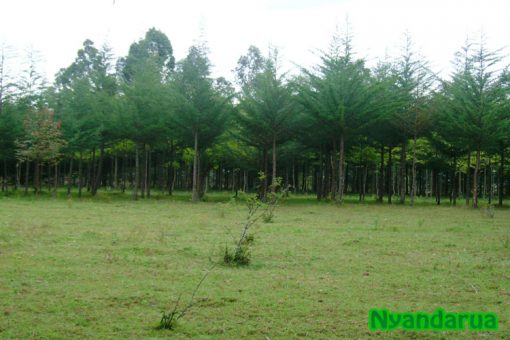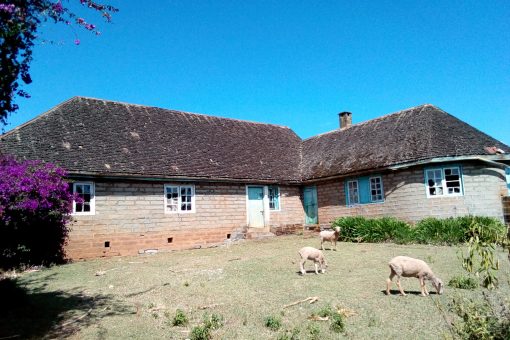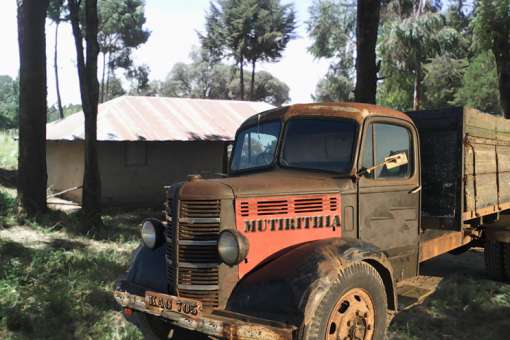Wrist watches and clocks were very rare back in the day, something that is hard to imagine today. Wrist watches were a status symbol. You saw somebody with a watch, you knew they were either well educated, had a good clerical job (Karani) or were from a wealthy family. I had never seen a wall clock growing up.
In my home, we had a table clock, which was mainly used for setting the alarm to wake workers up in the morning to start their milking chores. We knew that clock was precious because only our parents handled it. The clock was fully analog, it required manual winding (Majira) every twelve hours otherwise it stopped working. Mother wound the clock morning and evening without fail. Before sleeping, the workers came for the clock so that the alarm could wake them up at 4am to start the milking chores. The moment the sun came up, they returned the clock to mother. She wound it again and kept it in her bedroom until evening when she wound it again before giving it back to the workers. That is how precious the clock was. It was handled with great care and only by responsible adults, never the children. That clock stayed in our family until we were all grown; and I wouldn’t be surprised if it is still somewhere in my mothers’ house.
We were lucky to own a table / alarm clock back then, some families did not have any way of telling time. Some depended on the crowing of the roosters (jogoo gukuga). I understand the roosters were fairly accurate and consistent, those families swore by them. The first crowing was at 3 am followed by more crowing at the top of every hour. That is quite amazing. That makes me wonder if roosters today are still that dependable or their crowing schedules has been affected by modern technology.
Anyhow, in the daytime, a lot of people estimated the time by checking the position of the sun. Others checked their shadow as reflected by the sun. When ones shadow zeroed in at their feet, it was exactly twelve noon, meaning the sun was right above them, considering we are on the equator. Pretty amazing. But then I wonder, what happened in the months of June, July and August (gathano) when the sun did not show its face on most days. How about on cloudy and rainy days?
That is why the train keeping its schedule every day, twice a day was very much a part of the fabric of OlKalou daytime activities. That whistle meant something.



